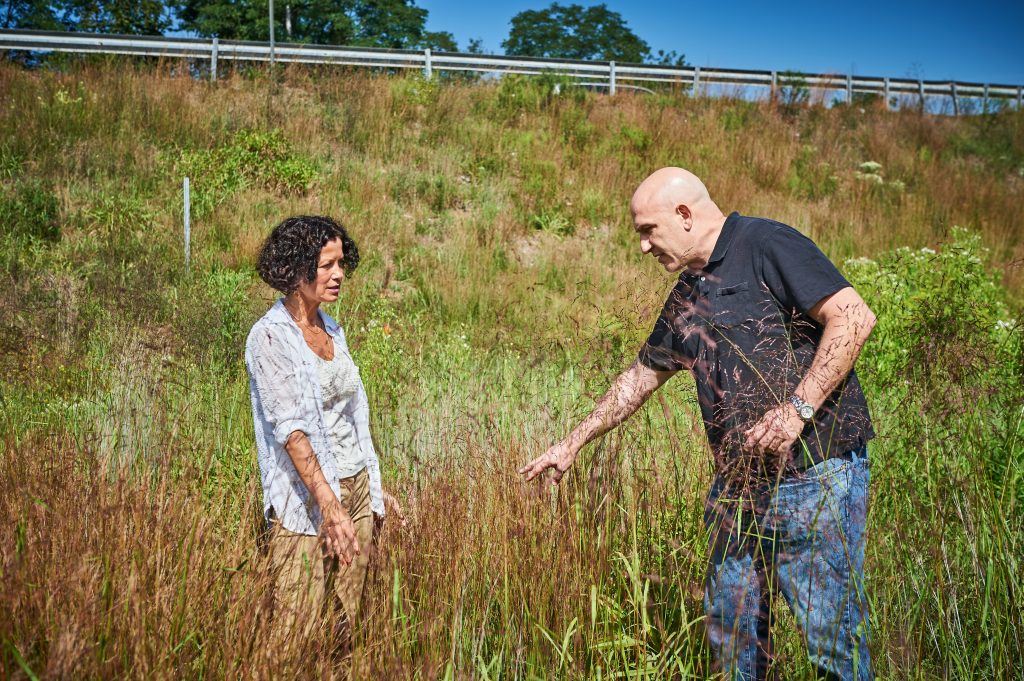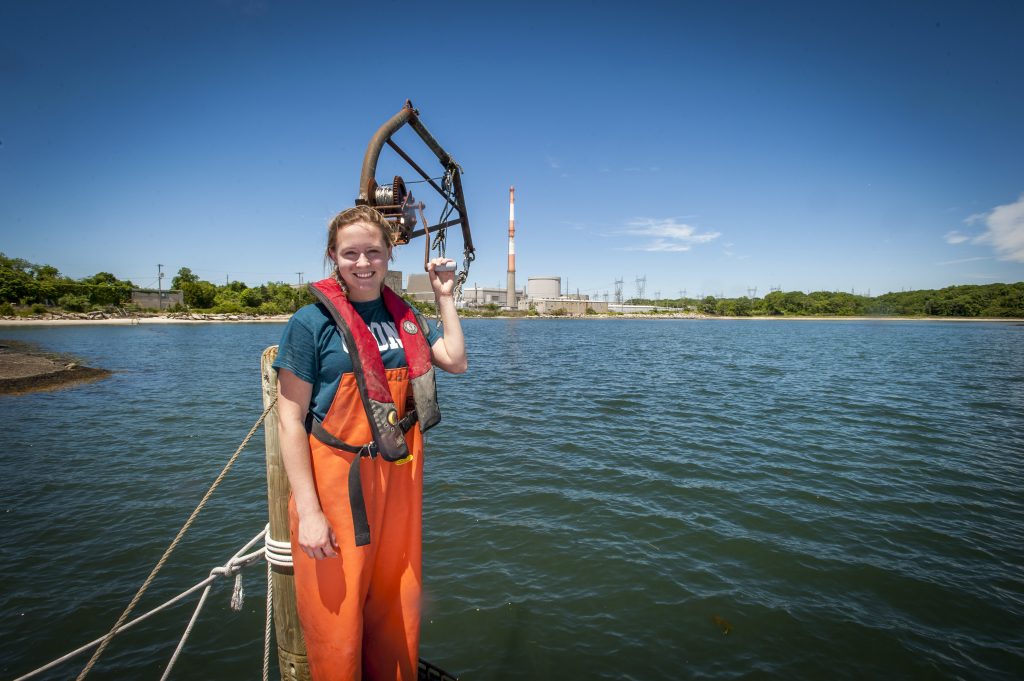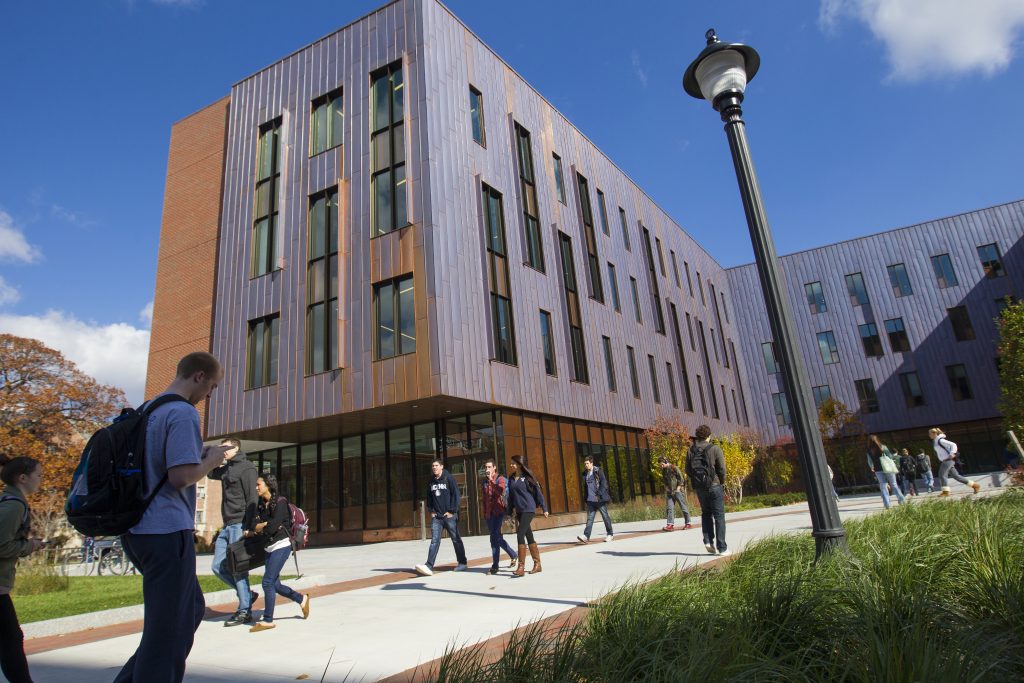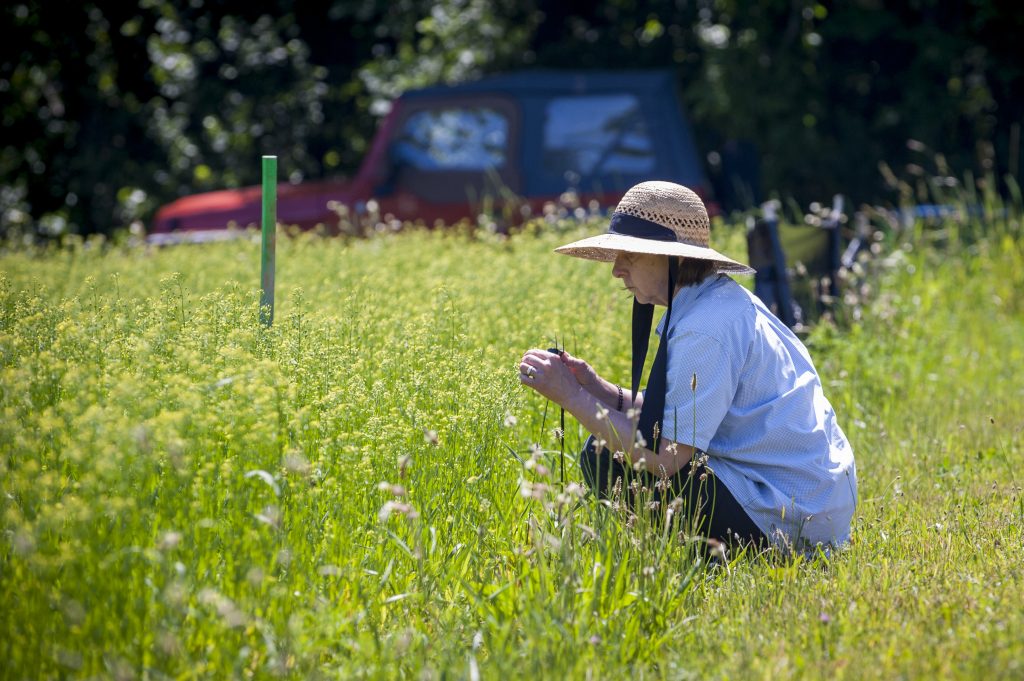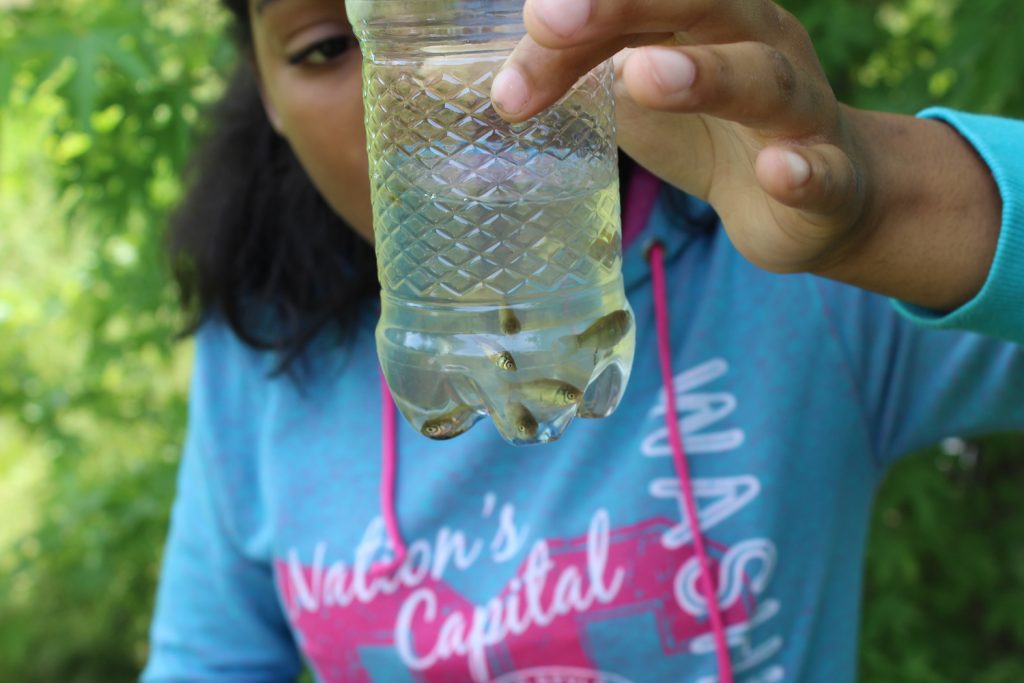Sustainability
UConn in Sierra Club ‘Cool Schools’ Top 10 – Again
UConn is in the Sierra Club 'Cool Schools' Top 10 for the fifth year running, despite a change in survey methodology.
September 6, 2016 | Loretta Waldman
The Man Who Built Environmentalism
A journalism professor’s new biography explores the reckless life of the Sierra Club’s most influential leader, a father of the environmental movement.
September 6, 2016 | Christine Buckley
The Road to Native Vegetation in Highway Design
A graduate student is commercializing new software he developed to make roadside native plantings more successful.
September 1, 2016 | Jessica McBride, Office of the Vice President for Research
Intern Studying Ecosystem at Nuclear Power Plant
Environmental studies major Hannah Casey is gaining valuable work experience as an intern at Millstone.
July 27, 2016 | Amanda Falcone
Setting High Standards: LEED Gold Now the Rule
The Trustees recently raised UConn's minimum building standard to LEED Gold, in another step toward achieving the University's environmental goals.
July 14, 2016 | Kristen Cole
Studying the Ecology of a New Crop
A team of UConn plant scientists is studying interactions between a genetically modified crop and the environment.
July 7, 2016 | Combined Reports
Researchers Have Big Plans for Whale Data
Researchers from UConn and Mystic Aquarium are working with beluga whales to better understand the impact of human activity and climate change on marine species.
July 5, 2016 | Elaina Hancock
New Atlas Shows Extent of Light Pollution – What Does it Mean for our Health?
After a new study shows 83% of the world lives under a haze of artificial light, a UConn Health epidemiologist says the health consequences of this are only beginning to be understood.
June 15, 2016 | Richard Stevens, School of Medicine
Not Just A Day at the Beach
'Beaches were once places where respectable people would never think of going.' A UConn historian traces how beaches evolved into popular summer playgrounds.
June 14, 2016 | David Bauman
BioBlitz Species Count Sets New U.S. Record
Scientists and members of the public joined in the one-day event, which was led by UConn biologists.
June 9, 2016 | Bri Diaz


